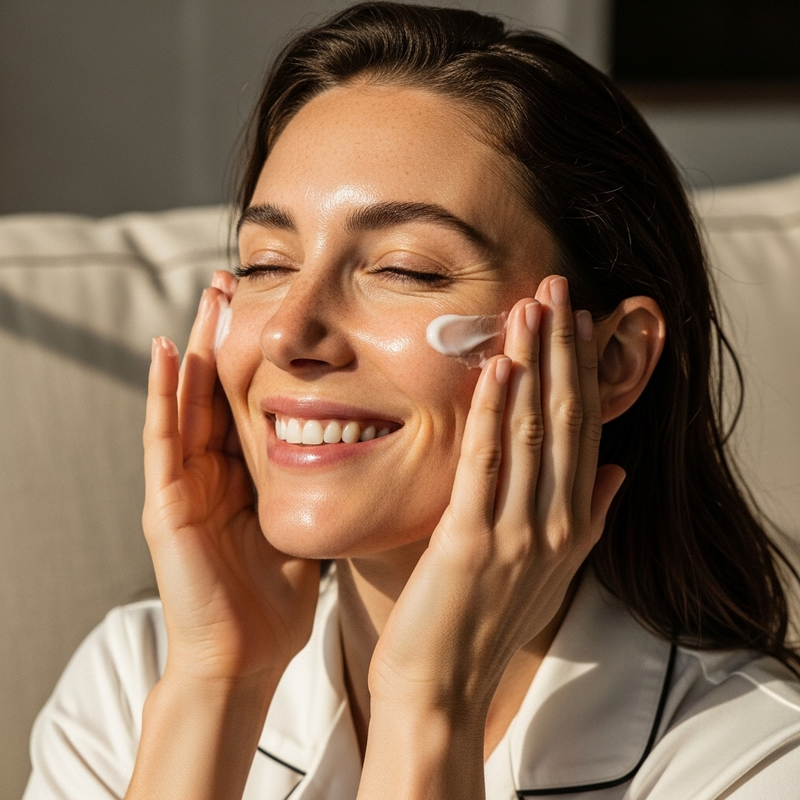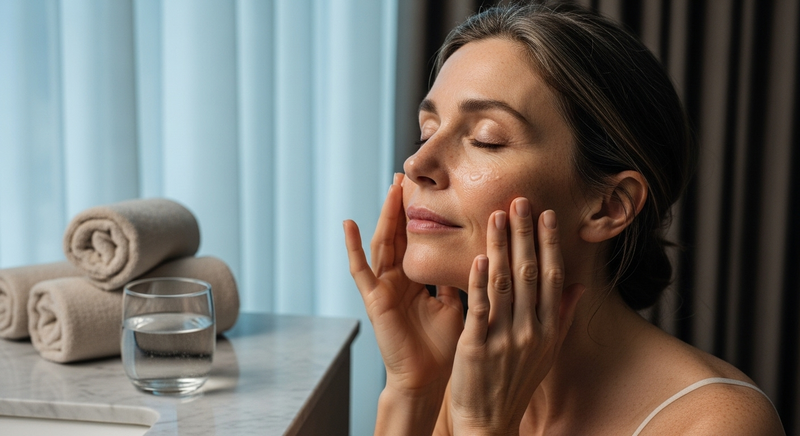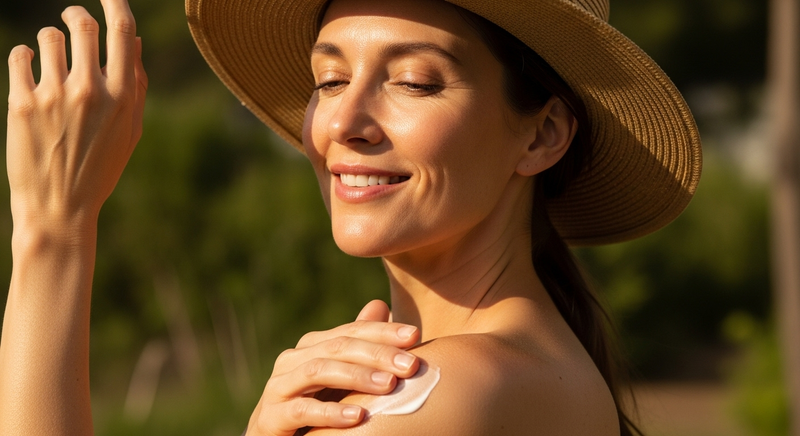Sensitive and Sensitised skins are on the increase. Given the environmental factors and agressors that surround us daily, our skin is certainly put to the test!
Some of us are born with a genetically sensitive skin - that is your skin type, which means right from the start, your skin is on the more delicate side. On the other hand, different skin types can also suddenly become irritated. What's the difference? Let's take a look at how sensitive and sensitised skin differ.
Sensitive Skin
Sensitive skin is genetically determined and it means there is a "weak" protective function in the skin. When skin is sensitive it's protective outer layer allows irritants, microbes and allergens to pass through, causing adverse reactions. Some reactions experienced by Sensitive Skin types are:
- Stinging
- Pain
- Redness
- Flushing
Genetically sensitive skin is considered more delicate because of the following factors:
- Sensitive skin has a lower amount of pigment
- It has a thin epidermis
- Blood vessels are close to the skin surface (hence the appearance of redness)
Sensitive skin can be passed down through generations – but there are ways to manage it.
Sensitised Skin
Sensitised skin is caused by your environment and can be triggered in anyone, regardless of your genes, skin type or skin tone.
In this instance, the skin’s protective lipid barrier has been damaged and this makes it difficult for the skin to defend itself from factors that aggravate the skin.
Because sensitised skin is a condition and not a skin type, it is treatable and the skin can return back to a healthy state Avoiding your individual triggers can actually reduce or eliminate your symptoms. When these triggers can’t be avoided (think pollution, environment and temperature sensitivity), your symptoms of sensitised skin can be managed through the correct skincare routine and lifestyle changes.
Your skin can be affected and sensitised by any of the following factors:
Lifestyle: stress, diet, smoking, dehydration, alcohol consumption, and cosmetic ingredients.
Environment: pollution, airborne allergens, weather, and temperature changes.
Physiology: physical effects of stress or hormonal fluctuations.
Diseases: rosacea, eczema, psoriasis.
How to calm Sensitive and Sensitised skins
When treating sensitive and sensitised skins, we take a fairly similar approach: calming, soothing and cooling. For sensitive skins, many of the UltraCalming products in the Dermalogica range will form your daily routine. For a senstised skin, these products can be the short term solution to getting your skin back on track.
- A gentle physical and chemical exfoliant that gently scrubs out the impurities from your skin and helps loosen dead skin cells. Leaves the skin smooth and calm.
- Boosts the skin’s hydration and helps reinforce skin’s moisture barrier preventing skin dryness, even after washing off.
- Supports the skins microbiome for improved skin barrier function.
- Forms a moisturising film and replenishes skin’s hydration reserves from within.
- Delivers quick and long-lasting hydration.
- Strengthens the skins barrier for prolonged hydration.
- Prevents future dehydration.
- Penetrates the skin’s surface for deep hydration and more resilient and hydrated skin.
- Increases the skin’s sensitivity tolerance threshold
- Anti-inflammatory agents help control and reduce redness.
- Maintains optimum hydration levels of tissues.
- Strengthens the skin’s barrier lipid layer, protecting against assaults that trigger redness and irritation.
We offer complimentary skin advice so please reach out to us for an Online Skin Consultation if you need advice about your skin or guidance around the Dermalogica products.
About the Author
My name is Sarah and I am the founder of GLO Skin Body. With almost 20 years experience, I believe a professional relationship with your skin therapist is crucial in helping you to achieve your skin care goals and to ensure your skin is always looking and feeling its best. Whether it's in person or through our online support, Im here to guide and support you towards your healthiest skin ever.
On a personal note, I am a Mum of 3 so I understand completely the juggles and balancing of life and family commitments . My goal is to help everyone have an effective and enjoyable home care routine that gets you the results you want...no matter how busy you are!





